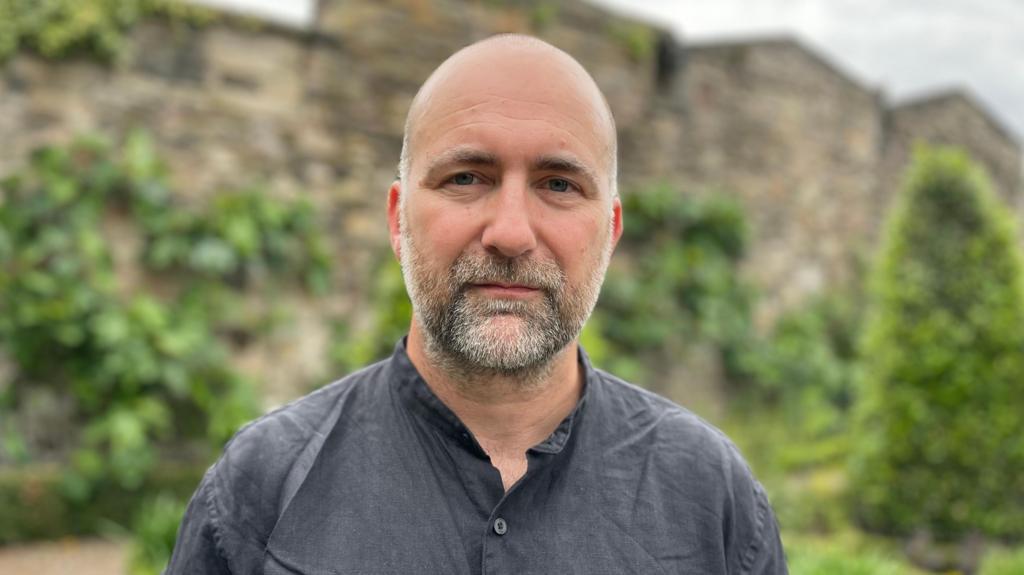The UK government is expanding its Warm Home Discount, doubling the number of households receiving a £150 energy bill reduction this winter. This follows a change in eligibility criteria.
All recipients of means-tested benefits will now automatically qualify, regardless of property size. While welcomed by debt charities and energy groups, concerns remain that some vulnerable individuals, particularly those on non-means-tested benefits, are still excluded.
Simon Francis of the End Fuel Poverty Coalition highlights that millions will still face unaffordable energy costs this winter, with bills significantly higher than in 2020.
Energy companies fund and distribute the discount across England, Scotland, and Wales, while the government sets the eligibility rules. Previously, these rules were restrictive, limiting the discount to those on the guaranteed element of pension credit or means-tested benefits residing in energy-efficient homes.
The removal of property size and energy efficiency criteria will extend the discount to an additional 2.7 million households this winter, including nearly one million with children.
This follows the government’s recent reversal on the Winter Fuel Payment for pensioners. The expanded Warm Home Discount will be financed by energy companies, potentially leading to a slight increase in standing charges for all consumers.
However, the government asserts that any such increase will be offset by savings from reduced energy company expenditure and improved debt management. While the energy price cap has led to lower bills this summer, market forecasts predict another price rise in October due to increased oil and gas prices.
Energy UK’s chief executive, Dhara Vyas, welcomed the announcement, advocating for further assistance for vulnerable individuals through an improved targeted support scheme.
The group, on West Marsh in Grimsby, has had to throw nappies, baby formula and clothing away.
Minister will seek to recover funds from pensioners earning more than £35,000 – matching a move by the UK government.
Steve Smith says he made an attempt to buy his old firm, but was too late.
Food accounts for 23% of basic spending, which includes housing, clothes, health, transport and education, NI Consumer Council finds.
UK Inflation has fallen from record highs but remains above the Bank of England’s 2% target.

